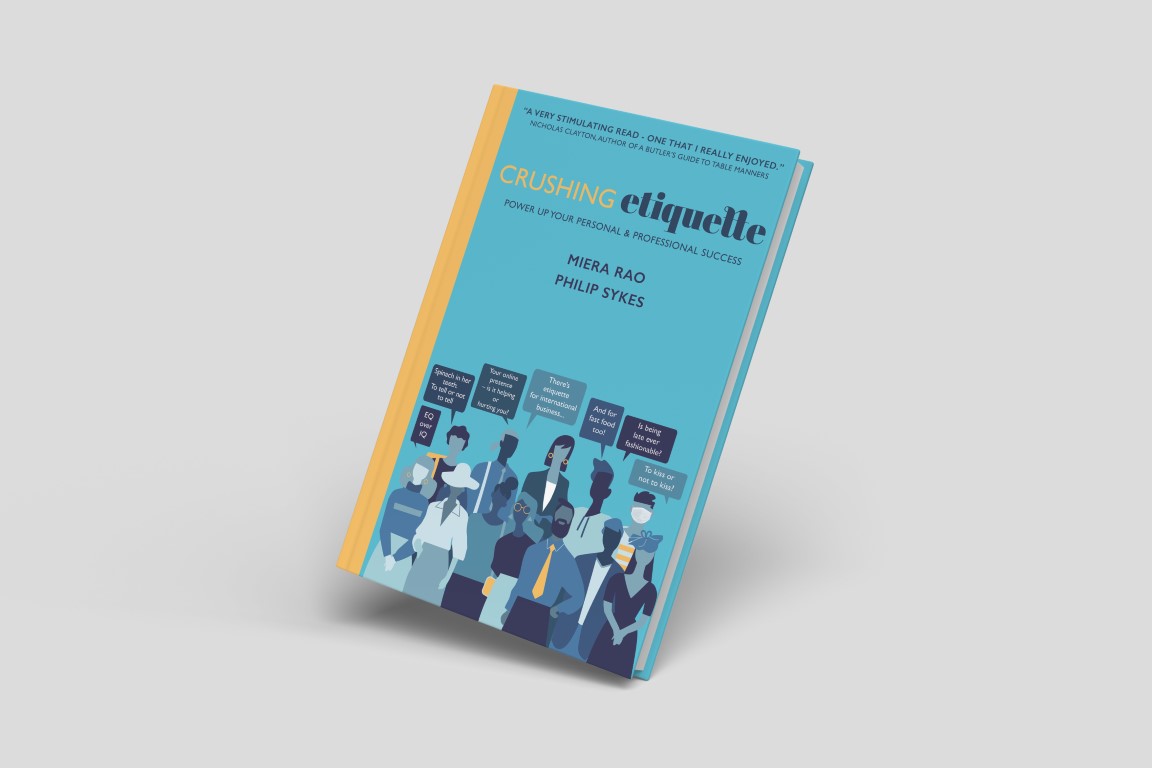Service delivers products. Hospitality delivers memories.
Will Gadera’s insights on “unreasonable hospitality” reveal a fundamental truth about modern business competition. In an economy where service industries drive three-quarters of America’s GDP, success depends less on what you deliver and more on how you make people feel during the delivery.
The distinction between service and hospitality represents a profound shift in business thinking.
Service focuses on technical execution. Getting the order right, delivering on time, meeting specifications. These elements matter, but they represent the baseline expectation rather than the competitive advantage.
Hospitality focuses on emotional experience. How welcomed does the customer feel? How understood? How valued as an individual rather than a transaction?
Gadera’s “Dream Weaver” programme at 11 Madison Park restaurant demonstrates this principle beautifully. When staff filled a champagne trolley with Budweiser for a guest’s father who preferred beer to fine dining, they created something more valuable than perfect service.
They created a story worth telling.
Years later, the father couldn’t recall a single dish from the world-class restaurant. But he vividly remembered how that simple gesture made him feel welcomed and understood.
This connects directly to the foundations of British hospitality tradition. The art of making guests feel genuinely cared for transcends mere politeness or efficiency. It requires what we might call emotional intelligence in action.
The Three Pillars of Memorable Hospitality
Gadera outlines three principles that transform ordinary service encounters into extraordinary experiences.
Genuine presence means being fully engaged with the person in front of you. In our distracted age, this becomes increasingly rare and therefore increasingly valuable. When someone feels they have your complete attention, even briefly, it creates a powerful impression.
Taking work seriously without taking yourself too seriously allows for flexibility when rigid standards would diminish the human connection. The Budweiser example perfectly illustrates this principle. The staff could have insisted on champagne because it matched their refined image. Instead, they prioritised the guest’s comfort over their own preferences.
Treating each person as unique rather than processing them as interchangeable units requires genuine curiosity about what would make their experience special. This goes beyond basic personalisation to thoughtful consideration of individual needs and preferences.
Why Emotional Connection Creates Sustainable Advantage
Most businesses can copy your products, match your prices, or replicate your processes. But they cannot easily duplicate the relationships you build through consistent emotional intelligence.
When customers feel genuinely cared for, they become advocates rather than merely satisfied purchasers. They tell stories about their experiences, creating word-of-mouth marketing that carries more weight than any advertisement.
The champagne trolley story illustrates this perfectly. That single gesture generated more positive publicity than countless perfect meals that left no emotional impression.
This represents a fundamental shift in competitive strategy. Rather than competing solely on features, price, or convenience, businesses can differentiate through the quality of emotional experience they provide.
The British Tradition of Exceptional Hospitality
British hospitality has long understood these principles, though perhaps not always articulated them so clearly. The tradition of afternoon tea, for instance, succeeds because it creates an atmosphere of unhurried attention and refined care.
The best British establishments have always recognised that hospitality is an art form requiring both technical skill and emotional intelligence. A properly trained professional understands not just the mechanics of service but the subtleties of making each guest feel valued.
This tradition aligns perfectly with Gadera’s insights. Both recognise that memorable experiences emerge from the intersection of competence and genuine care for the individual.
Practical Implementation in Any Context
These principles apply far beyond restaurants or luxury hospitality. Any business interaction offers opportunities to create positive emotional experiences.
In professional services, this might mean remembering personal details about clients or taking extra time to ensure they feel heard and understood during consultations.
In retail environments, it could involve recognising returning customers or making thoughtful recommendations based on previous purchases.
In corporate settings, it might mean acknowledging team members’ individual contributions or creating moments of genuine connection during routine meetings.
The key lies in moving beyond transactional thinking to relationship thinking. Each interaction becomes an opportunity to demonstrate genuine care rather than merely complete a task.
The Competitive Reality
Gadera’s thesis becomes more compelling when viewed through the lens of modern market dynamics. In industries where products and services have become increasingly commoditised, the quality of human interaction often represents the last sustainable differentiator.
Technical excellence remains essential, but it no longer guarantees success. Customers expect competence. They remember and reward genuine care.
The businesses that thrive will be those that master both dimensions: delivering technically excellent products while creating emotionally resonant experiences.
This requires training teams not just in processes and procedures, but in the art of human connection. It means hiring for emotional intelligence alongside technical skills. It means creating systems that support individual care rather than merely standardised efficiency.
Beyond Customer Service to Human Connection
Gadera’s insights challenge us to reconsider our entire approach to business relationships. The goal shifts from satisfying customers to creating advocates, from completing transactions to building connections.
This elevated approach to hospitality recognises that people crave genuine human connection in an increasingly automated world. The businesses that provide this connection, consistently and authentically, will create loyalty that transcends price competition or feature comparisons.
The champagne trolley filled with Budweiser represents more than clever customer service. It demonstrates a fundamental understanding that business success ultimately depends on how we make people feel about themselves when they interact with us.
In a world where technical excellence is expected, emotional excellence becomes the true competitive advantage.






